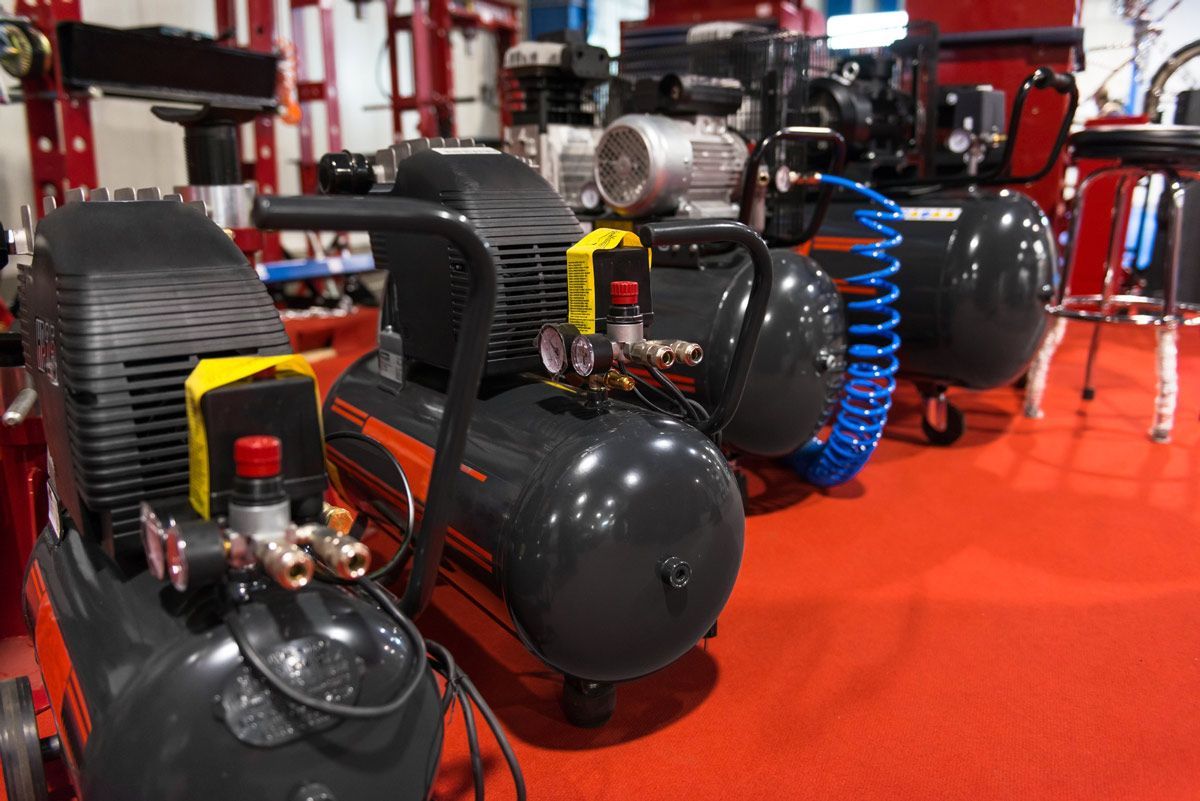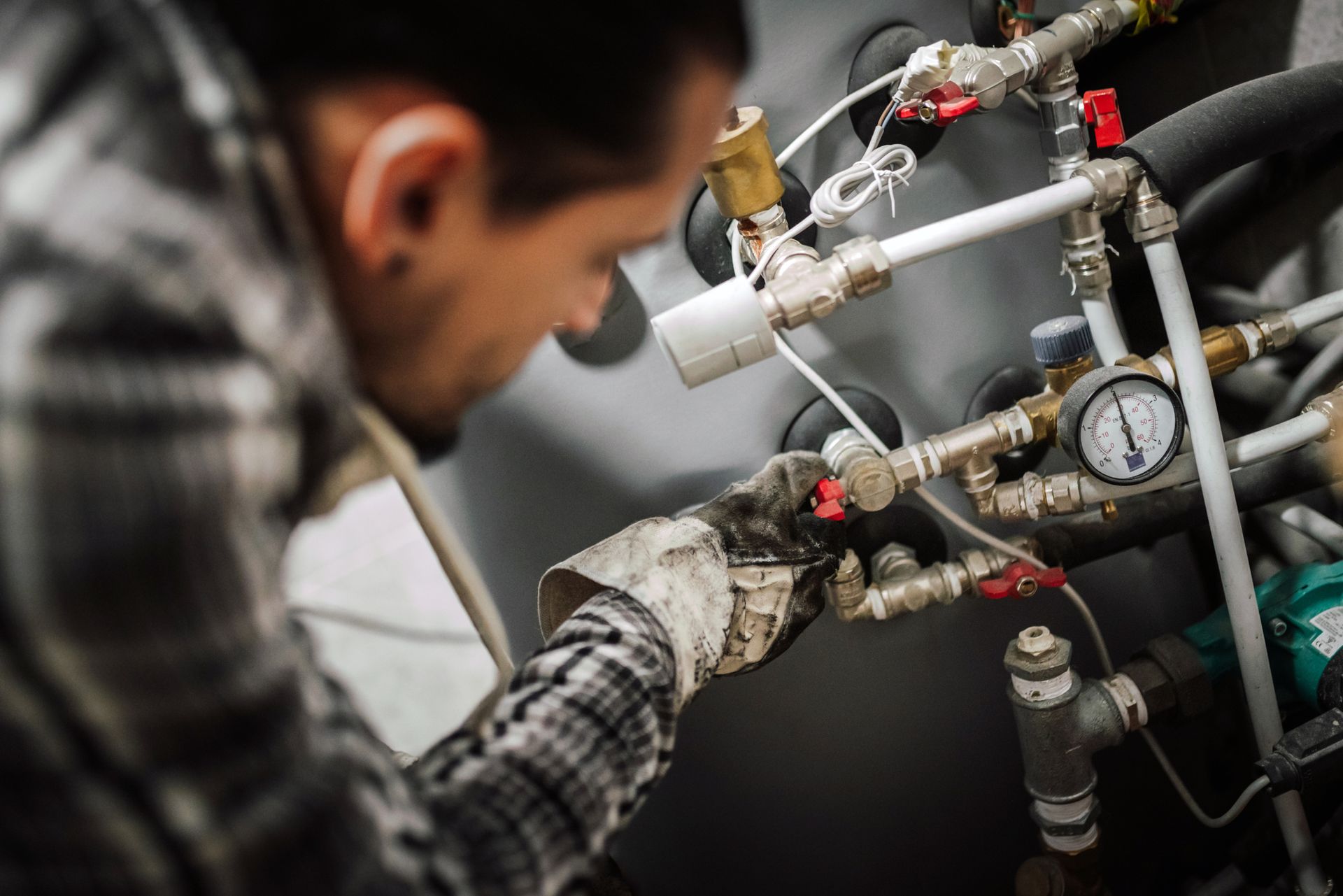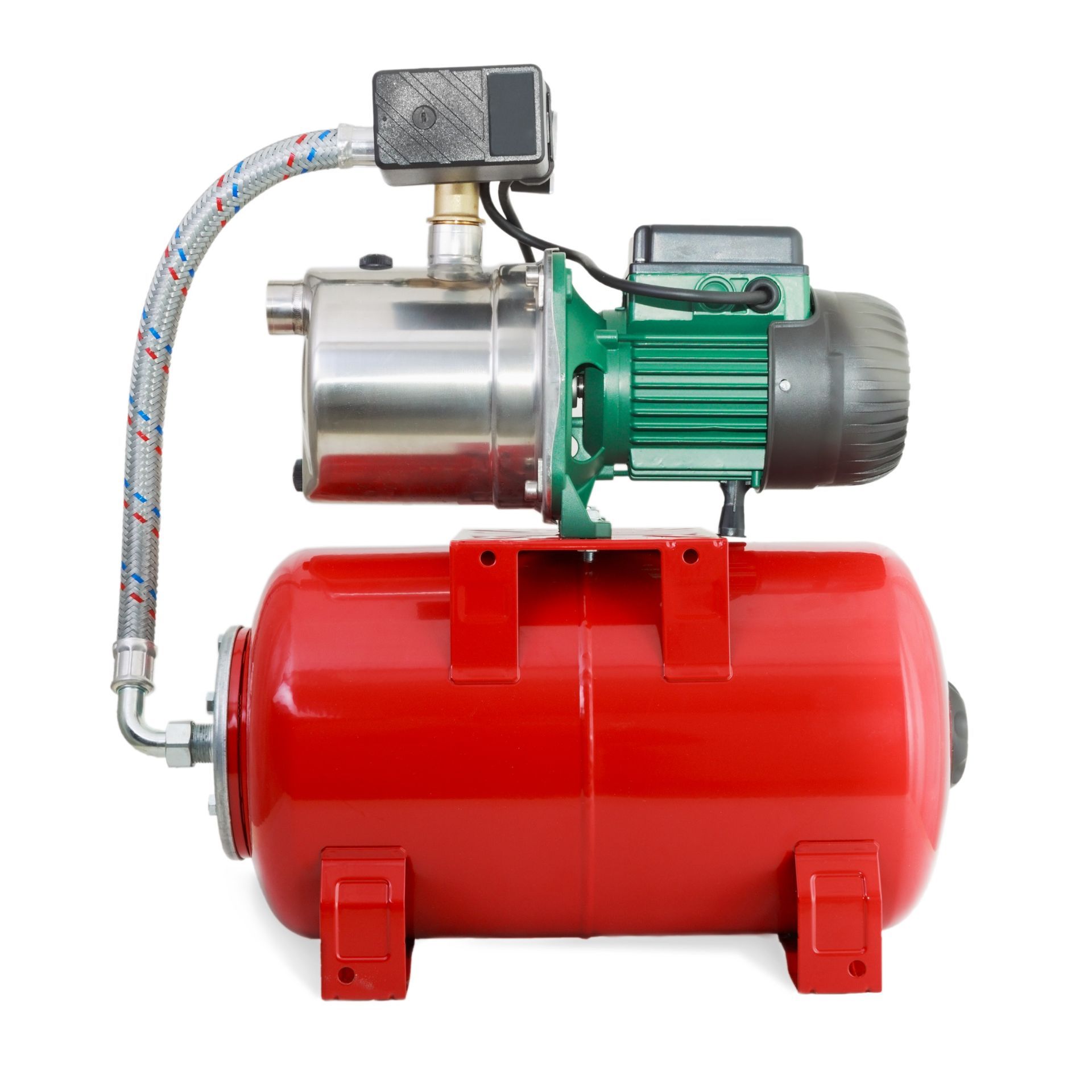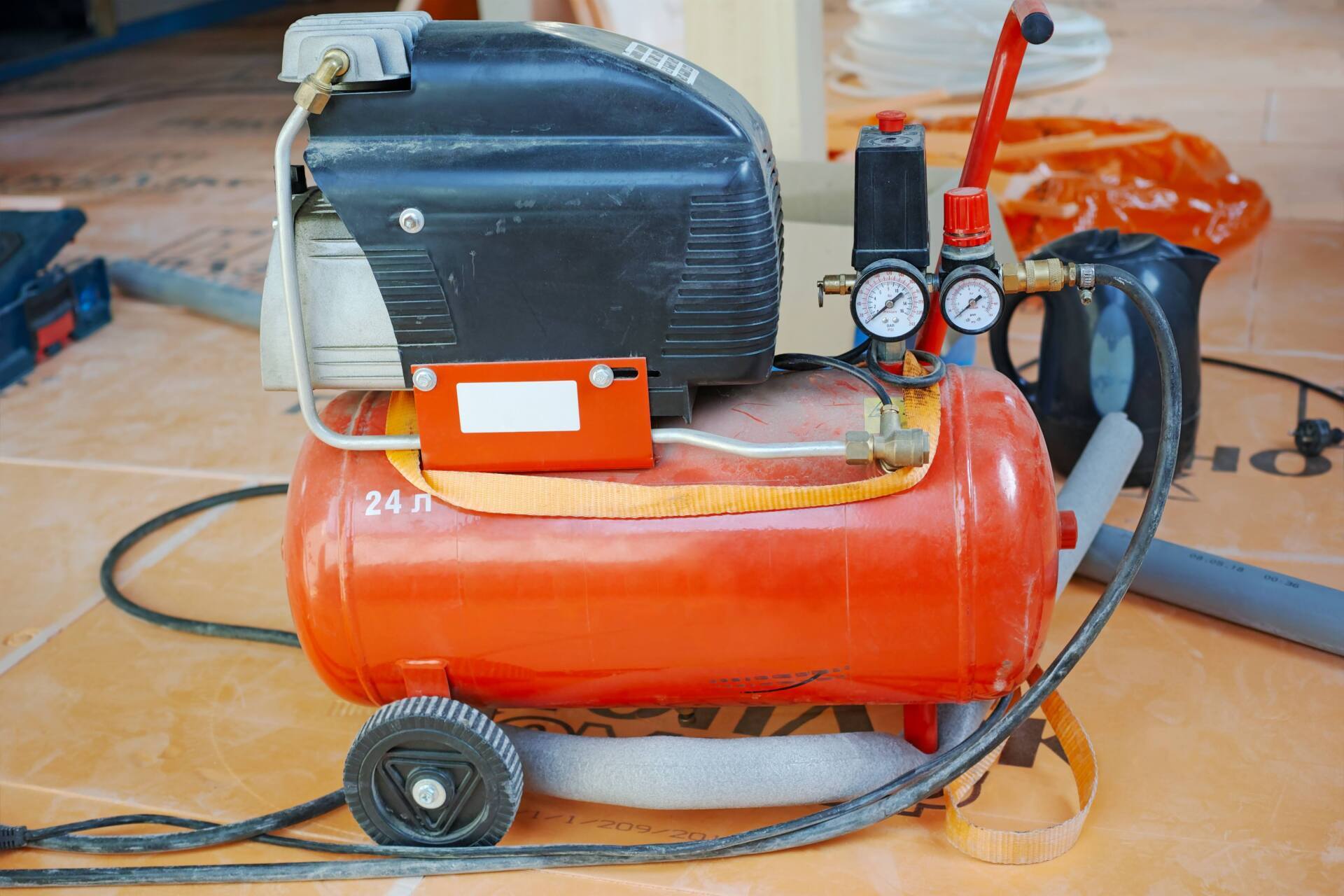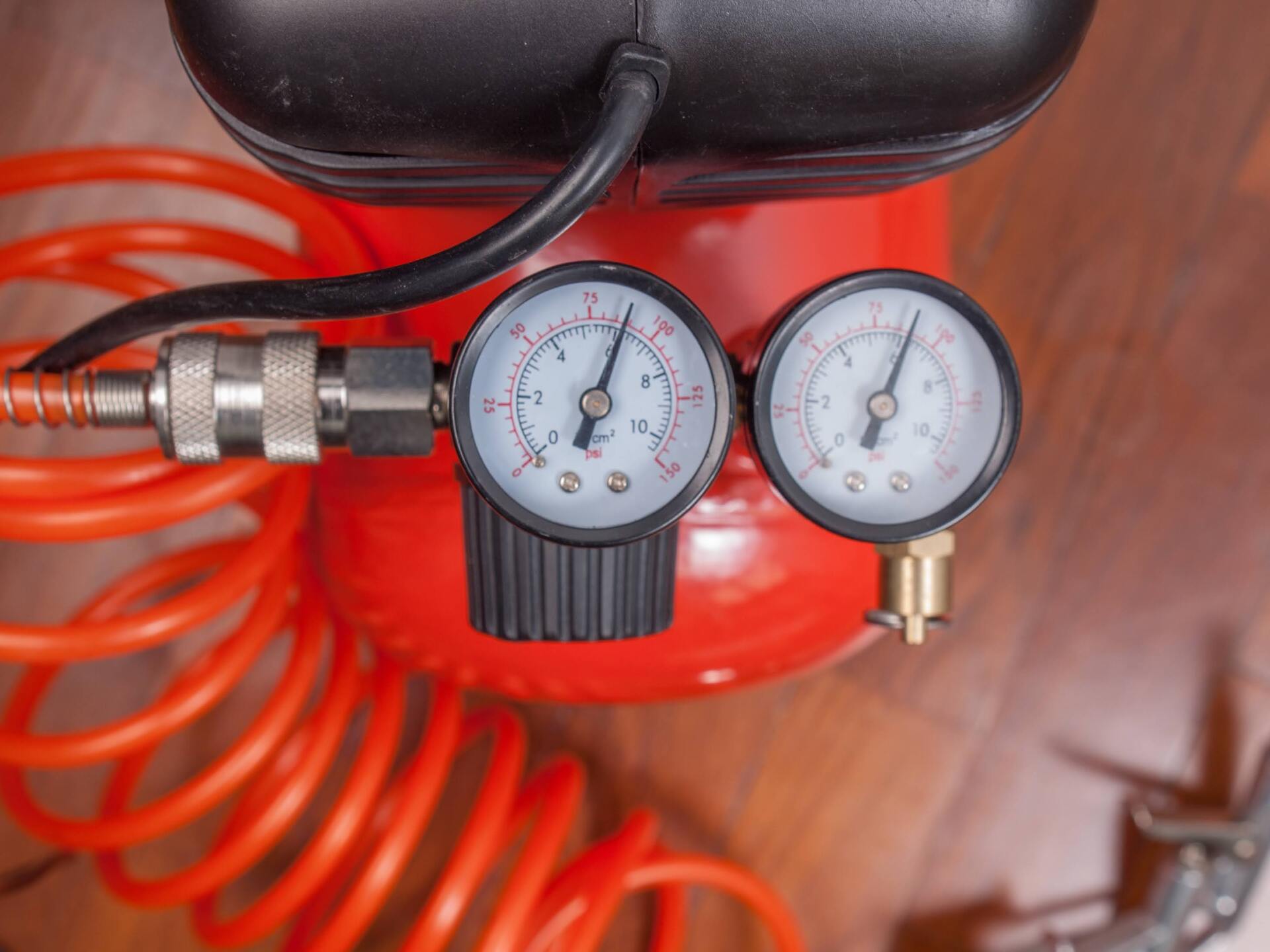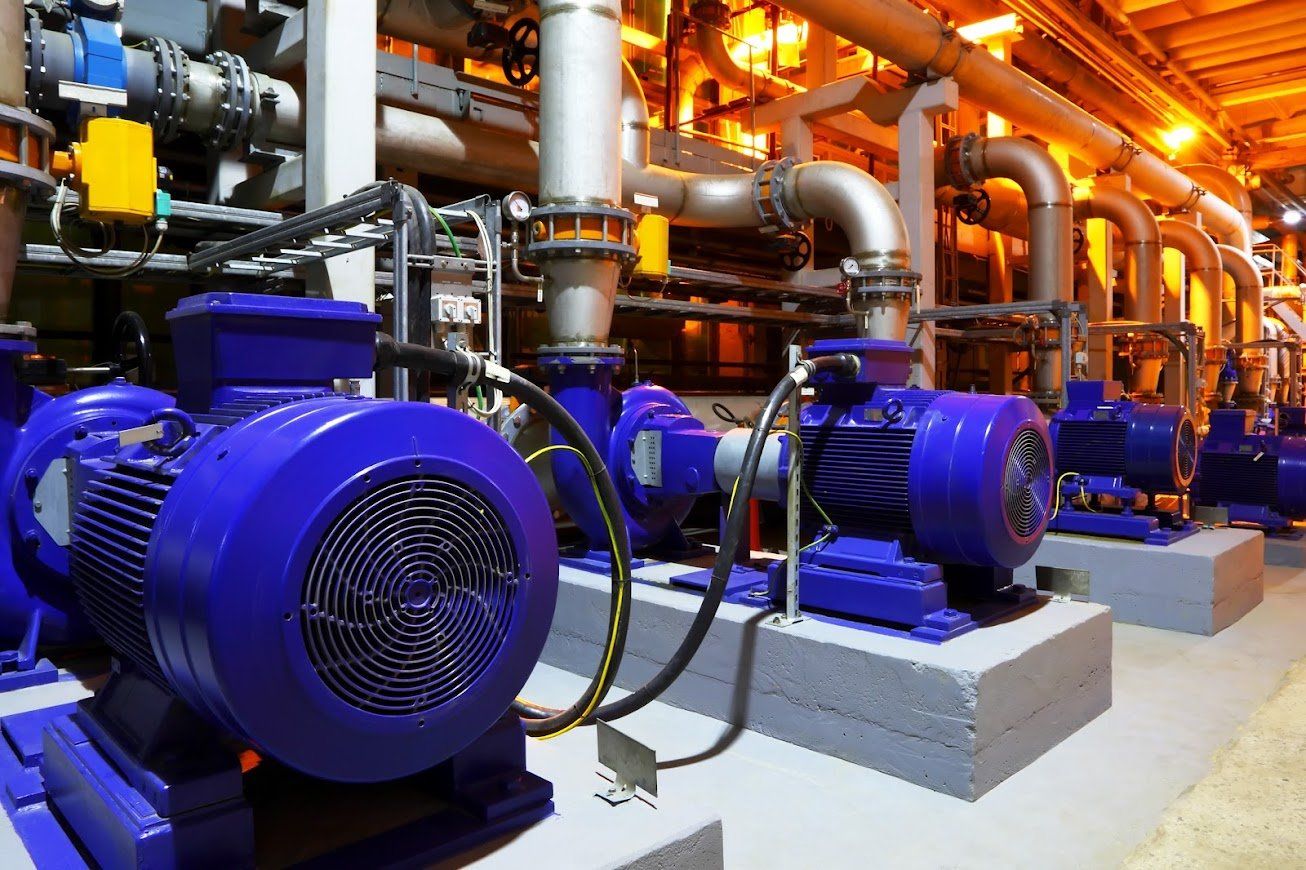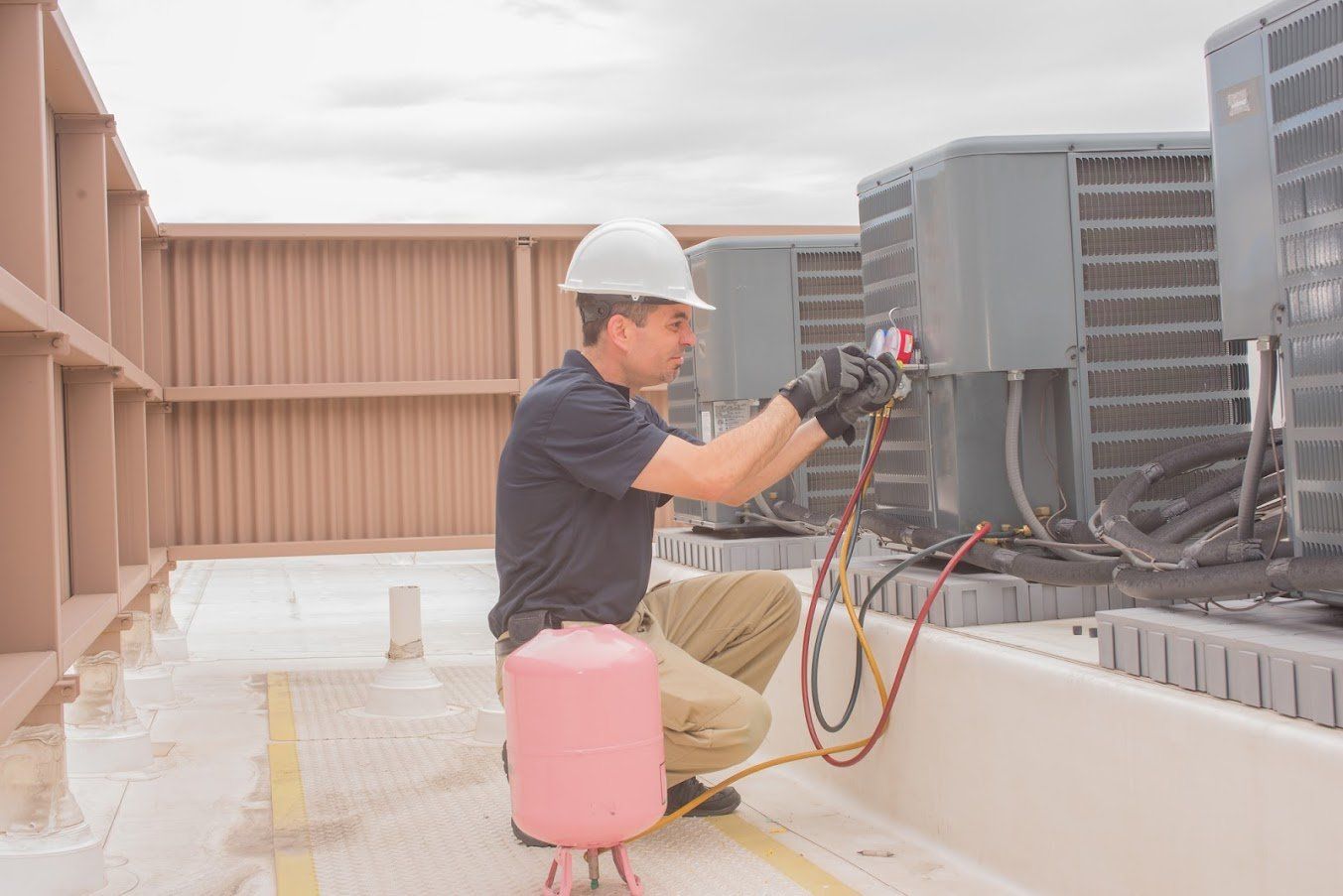6 Air Compressor Maintenance Tips You Should Keep in Mind
6 Air Compressor Maintenance Tips You Should Keep in Mind
- By Admin
- •
- 28 Jan, 2021
- •
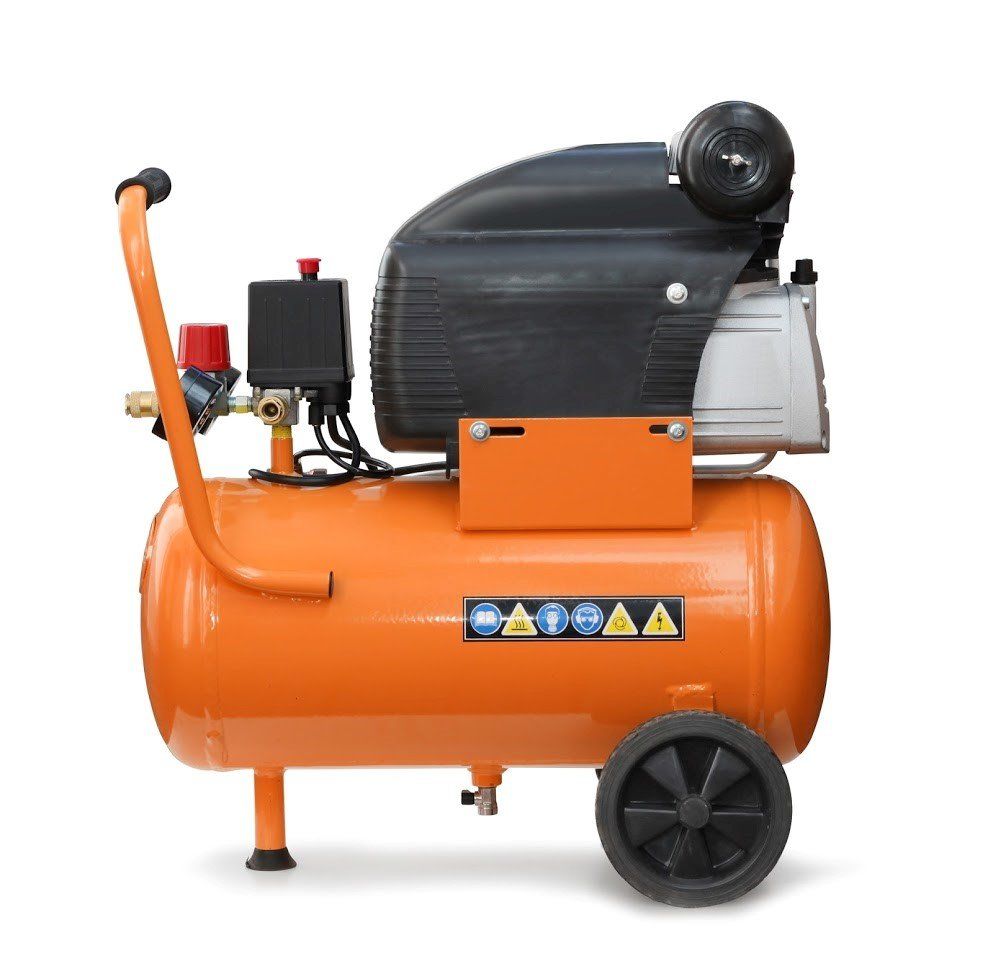
In 2018, the market size of the global air compressor industry was estimated at $31.26 billion. The market has grown tremendously over the years due to the increased use of pneumatic systems in several industries. The top industries that use air compressors include construction, agriculture, manufacturing, energy, and heating, ventilation, and air conditioning (HVAC).
If you run a business in any of the mentioned fields, learn how to take care of your air compressor to keep your operations going. The following are six air compressor maintenance tips.
1. Use the Manufacturer's Manual
Different manufacturers make different air compressors, and each manufacturer uses unique technologies and procedures. This means that what works for one model might affect the efficiency of another. Therefore, you should always read the manual to discover the best ways to use and maintain your air compressor.
If you do not read your manual, you run the risk of doing things that can void your warranty. Even if you have used air compressors for years, you should read the manual every time you buy a new one.
2. Drain Water
When air is compressed, water usually releases into a receiver. Over time, this tank tends to collect more water that needs draining. However, you should first release the valves to eliminate air from the tank before draining water. Do not forget to wipe the tank after draining.
If you live in a humid region, your receiver will likely collect water quickly. Therefore, you likely need to drain it more frequently.
3. Unclog the Intake Vents
The intake vents of an air compressor collect air from outside into the equipment. When they clog with dirt and dust, they will often force your machine to work harder to suck air. This can cause it to overheat and eventually lower performance.
For this reason, check the intake vents often, and clean them when necessary. You can hire professionals occasionally to inspect, clean, or change the vents.
4. Clean the Filters
Filters in an air compressor block liquids and solid contaminants from entering the machine, and they eventually get dirty. As a result, dirty particles may find their way in, leading to the wear of internal parts and potential damage.
Clean your air filters regularly using a soft brush and water, and replace them after a couple of months. Hire an expert to inspect your equipment regularly and guide you on the right time to change the filters.
5. Check the Hoses
Hoses in an air compressor convey air to the systems. Due to the high pressure of air, they can develop holes over time, leading to leakage. Hence, check your hoses for any crack sign.
You can seal small holes, but if they are uncontrollable, change your hoses. Ensure you purchase the right length to retain the performance of your machine. For instance, if you install longer hoses, more air pressure will be lost during movement. Fortunately, professionals can help you find the right hoses for your machine.
6. Tighten Fasteners
Your air compressor's fasteners should never be loose since this can be dangerous. They might allow air to escape, which can make the cap to fly and hit you when using the machine.
The fasteners can become loose due to the vibration that occurs when the air compressor is on. Always ensure the screws, bolts, and nuts are tight before using the machine.
Air compressors have many applications in different industries. At Compressed Air Systems, we sell, install, and maintain residential, commercial, and industrial air compressors. Contact us today for quality products and services. We look forward to hearing from you.
- Mon - Fri
- -
- Sat - Sun
- Appointment Only






Serving Whatcom, Skagit, Snohomish King, and Pierce Counties.


